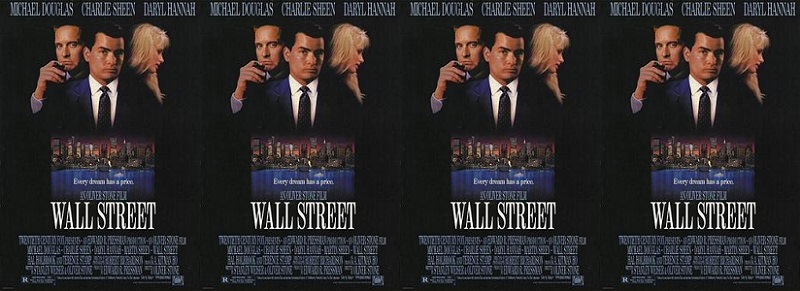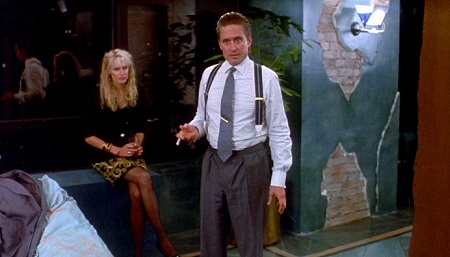The Francis Ford Coppola homage to the Vietnam War captures our focus today. The conflict itself had the United States getting between two warring parties in Vietnam; the conflict extended into Laos and Cambodia. The story presented in Apocalypse Now (1979) uses these historic truths to craft a story reminiscent of the Joseph Conrad book Heart of Darkness, as reviewed here.

The fictional Nùng River supplies the path that the classified mission U.S. Army Captain Benjamin Willard, as portrayed by Martin Sheen, is ordered to take through Vietnam into Cambodia to find and end, with extreme prejudice, the continuing and unauthorized military leadership of one Colonel Walter E. Kurtz. Kurtz, bearing the same name surname as the pursued antagonist in Heart of Darkness, was portrayed by Marlon Brando.

The journey proves itself a path into each man’s heart of darkness, with an escalating sense of naivete growing from one incident to another into insanity. An early example encountered by the river patrol boat included questionable support from a helicopter-based assault unit commanded by Lieutenant Colonel Bill Kilgore. Kilgore, portrayed by Robert Duvall, demonstrates a shocking suspicion towards using his command ethically. Supporting Captain Willard’s mission only gains appeal once the surfing prowess of Gunner’s Mate 3rd Class Lance B. Johnson is revealed. A famous speech by Kilgore follows the raid, occurring with its own brand of whimsy, with Sam Bottoms having portrayed Johnson.

Tensions rise into the continued journey owing to the increasing severity of the philosophical and moral tension Willard and the crew of the patrol boat are under. A scene with a local family trying to protect their dog echoes the rising insanity for the crew of the river boat, with the darkness taking over the spirit of the enterprise. Willard starts challenging Chief Petty Officer George Phillips, as portrayed by Albert Hall, for control of the ship. Sailing beyond the last American outpost on the Nùng River, with echoes of the identical mission of Richard Colby in his head after seeing the horrors of an outpost with leadership. Scott Glenn portrayed Colby.

Arrival at the temple compound Kurtz has taken command of is fraught with peril. A photojournalist portrayed by Dennis Hopper serves as a reluctant go-between for Kurtz and Willard. Engineman 3rd Class Jay ‘Chef’ Hicks, as portrayed by Frederic Forrest, serves as a confidant for Willard in this moment, and pays owing to the tactically superior Kurtz. The questions surrounding where empathy, sympathy, duty, judgment, self-awareness and cultural conflicts borne of hearts turned dark are drafted in the human condition; the mask of military service, mandated or otherwise, is a mask many wear in Apocalypse Now.

Friend of the Matt Lynn Digital blog, Airport Friend, ranks this film among his ten best. John Milius, Michael Herr and Coppola all shared writing credit for Apocalypse Now, a winner of two Academy Awards, two BAFTAs and a Palme d’Or from the Cannes Film Festival. High ratings among critics and general audiences on Rotten Tomatoes also exist. I grant the Francis Ford Coppola directed and produced movie Apocalypse Now 4.25-stars on a scale of one-to-five.
Matt – Wednesday, June 28, 2023








